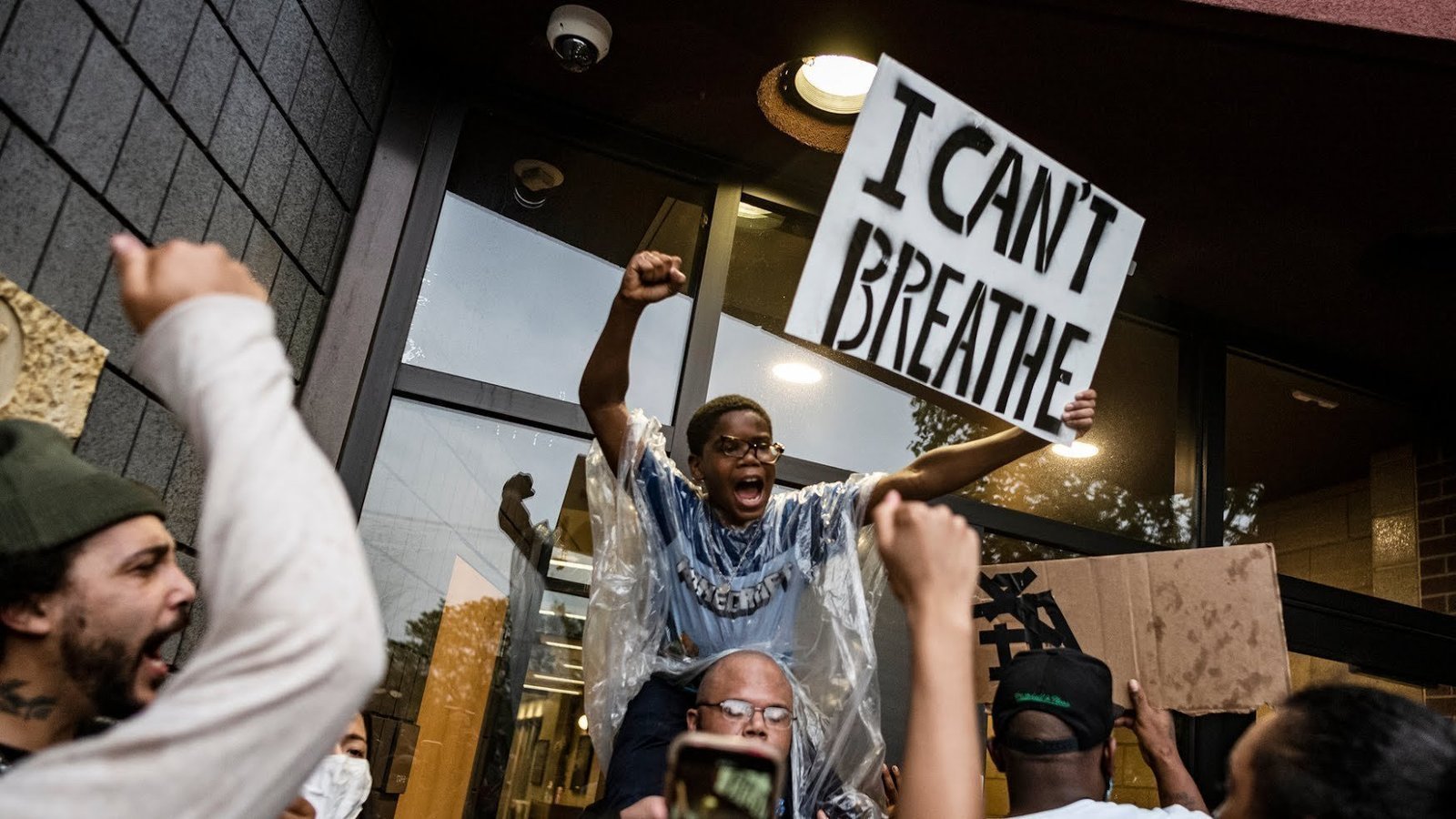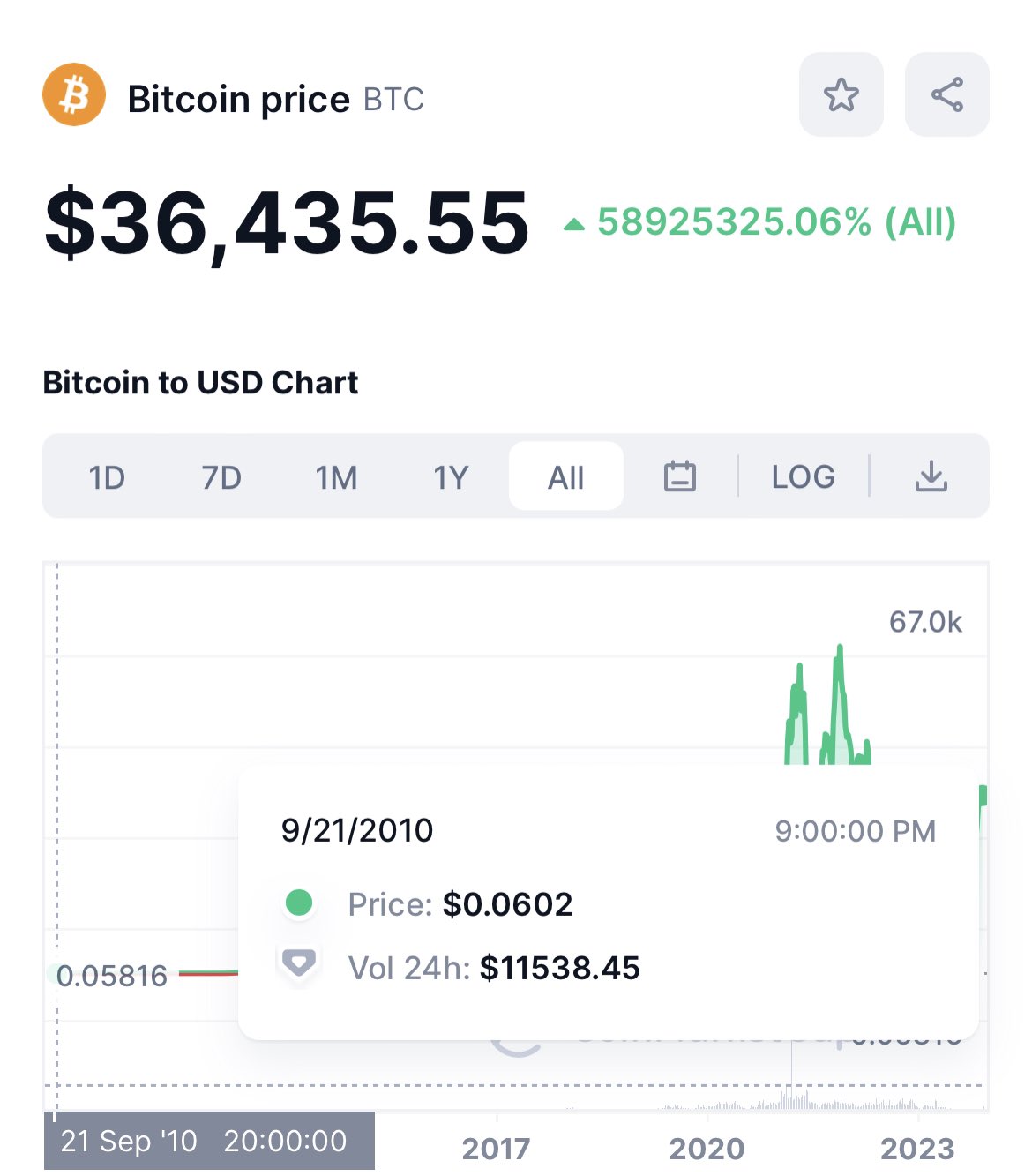Concerns Over Police Accountability Review Deepen Among Campaigners

Table of Contents
Insufficient Investigative Power of Oversight Bodies
A major source of frustration for campaigners centers on the perceived lack of sufficient investigative power within existing police oversight bodies. These bodies often face significant limitations that hinder their ability to thoroughly investigate allegations of police misconduct. This undermines public trust and allows potential abuses to go unpunished.
- Lack of independent investigative powers: Many oversight bodies rely on police departments to conduct internal investigations, creating an inherent conflict of interest. True independence is crucial for impartial investigations.
- Inadequate resources and staffing: Understaffing and insufficient funding severely limit the capacity of oversight bodies to handle the volume of complaints they receive. This leads to delays and inadequate investigations.
- Limited access to evidence and information: Oversight bodies frequently struggle to obtain crucial evidence, such as body camera footage, police reports, and witness statements, due to resistance from police departments.
- Slow and inefficient investigative processes: Lengthy investigations, often taking years to conclude, erode public confidence and allow potential perpetrators to continue serving.
- Examples: The case of Officer X, where an internal investigation cleared him of wrongdoing despite significant eyewitness testimony, highlights the limitations of current systems. Similarly, the delayed investigation into the death of Y demonstrates the impact of resource constraints.
Lack of Transparency and Public Accountability in the Review Process
The lack of transparency surrounding police accountability reviews is another major concern. The secretive nature of these processes fuels distrust and prevents public scrutiny of police conduct.
- Limited public access to investigation findings: Many investigations are conducted behind closed doors, with the findings only shared with select individuals, leaving the public largely in the dark.
- Lack of clear and timely communication to victims and their families: Victims and their families often experience prolonged periods of uncertainty, due to a lack of communication and updates on the progress of investigations.
- Insufficient public reporting on outcomes and trends in police misconduct: The lack of comprehensive public reporting makes it difficult to identify patterns of misconduct, assess the effectiveness of accountability mechanisms, and track progress toward meaningful reform.
- Examples: The lack of public disclosure regarding the internal investigation into the alleged use of excessive force by Officer Z demonstrates the need for greater transparency. The opaque nature of the review process in the case of Y's death further underscores this issue.
- Impact on public trust: This lack of transparency significantly erodes public trust in both the police and the oversight mechanisms designed to hold them accountable.
Inadequate Sanctions for Police Misconduct
Even when misconduct is established, campaigners argue that the sanctions imposed are often inadequate to deter future offenses.
- Too few officers face disciplinary action: A significant number of misconduct allegations result in no disciplinary action against the officers involved.
- Sanctions are often insufficient to deter future misconduct: Current sanctions, even when imposed, frequently lack sufficient weight to prevent similar incidents from occurring. A slap on the wrist is not a deterrent.
- Lack of consistency in the application of sanctions: The inconsistent application of sanctions further undermines public confidence and raises questions of fairness and equity.
- Examples: The lenient sentences handed down to officers found guilty of misconduct in cases A and B highlight the inadequacy of current disciplinary measures.
- Need for robust disciplinary measures: Campaigners are demanding more severe and consistent penalties to send a clear message that police misconduct will not be tolerated.
The Role of Systemic Racism and Bias in Police Accountability
Campaigners also highlight how systemic racism and bias significantly impact the effectiveness of police accountability mechanisms.
- Disproportionate targeting of minority communities: Minority communities are disproportionately targeted by police, leading to a higher number of complaints and a perception of unequal treatment.
- Bias in investigations and disciplinary processes: Racial bias can influence investigations, leading to the dismissal of legitimate complaints against officers and a lack of accountability for misconduct against minority individuals.
- Lack of diversity within oversight bodies: A lack of diversity within oversight bodies can create a blind spot in understanding and addressing the specific concerns and experiences of minority communities.
- Impact on public trust: Perceived racial bias within the police and accountability systems significantly erodes trust, particularly amongst minority communities.
- Strategies to address systemic racism: Implementing robust anti-bias training, increasing diversity within oversight bodies, and incorporating community perspectives are crucial steps towards addressing systemic racism.
Campaigners' Demands for Reform in Police Accountability Reviews
Campaigners are demanding significant reforms to strengthen police accountability reviews and restore public trust.
- Increased independence and power for oversight bodies: Campaigners are calling for fully independent oversight bodies with broad investigative powers, free from influence from police departments.
- Greater transparency and public accountability: They demand greater transparency in investigations, including public access to findings and regular public reporting on outcomes.
- Stronger sanctions for police misconduct: Campaigners are pushing for more robust and consistent sanctions for police misconduct, including dismissal and criminal prosecution where appropriate.
- Addressing systemic racism and bias: They insist on measures to address systemic racism and bias within police forces and accountability mechanisms.
- Examples of successful reforms: Successful reforms implemented in other jurisdictions, such as the creation of independent civilian review boards, can provide valuable models for reform.
Conclusion
Concerns over police accountability review are deepening, fueled by insufficient investigative powers, a lack of transparency, inadequate sanctions, and the pervasive impact of systemic racism. These inadequate systems are eroding public trust in law enforcement and creating a climate of impunity for police misconduct. Addressing these concerns is crucial to ensuring fair and effective policing, promoting justice, and fostering a more equitable society. Demand better police accountability reviews. Join the movement to fight for meaningful reform and ensure justice for all.

Featured Posts
-
 Is Xrp A Good Investment Analyzing The Potential Of Xrp
May 01, 2025
Is Xrp A Good Investment Analyzing The Potential Of Xrp
May 01, 2025 -
 Is Age Just A Number Challenging Ageist Stereotypes And Assumptions
May 01, 2025
Is Age Just A Number Challenging Ageist Stereotypes And Assumptions
May 01, 2025 -
 Coronation Street The Beginning Of The End For A Beloved Character
May 01, 2025
Coronation Street The Beginning Of The End For A Beloved Character
May 01, 2025 -
 Large Oil Spill Prompts Closure Of 62 Miles Of Russian Black Sea Coastline
May 01, 2025
Large Oil Spill Prompts Closure Of 62 Miles Of Russian Black Sea Coastline
May 01, 2025 -
 Michael Sheen A Look Inside His Life From Famous Relationships To Net Worth And Hollywood Departure
May 01, 2025
Michael Sheen A Look Inside His Life From Famous Relationships To Net Worth And Hollywood Departure
May 01, 2025
